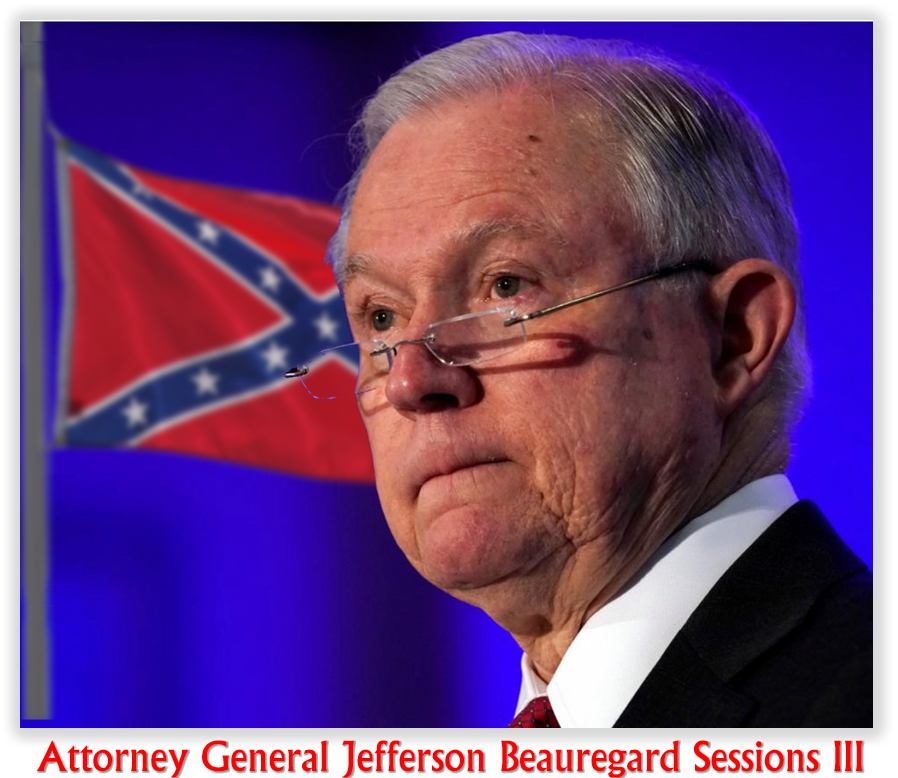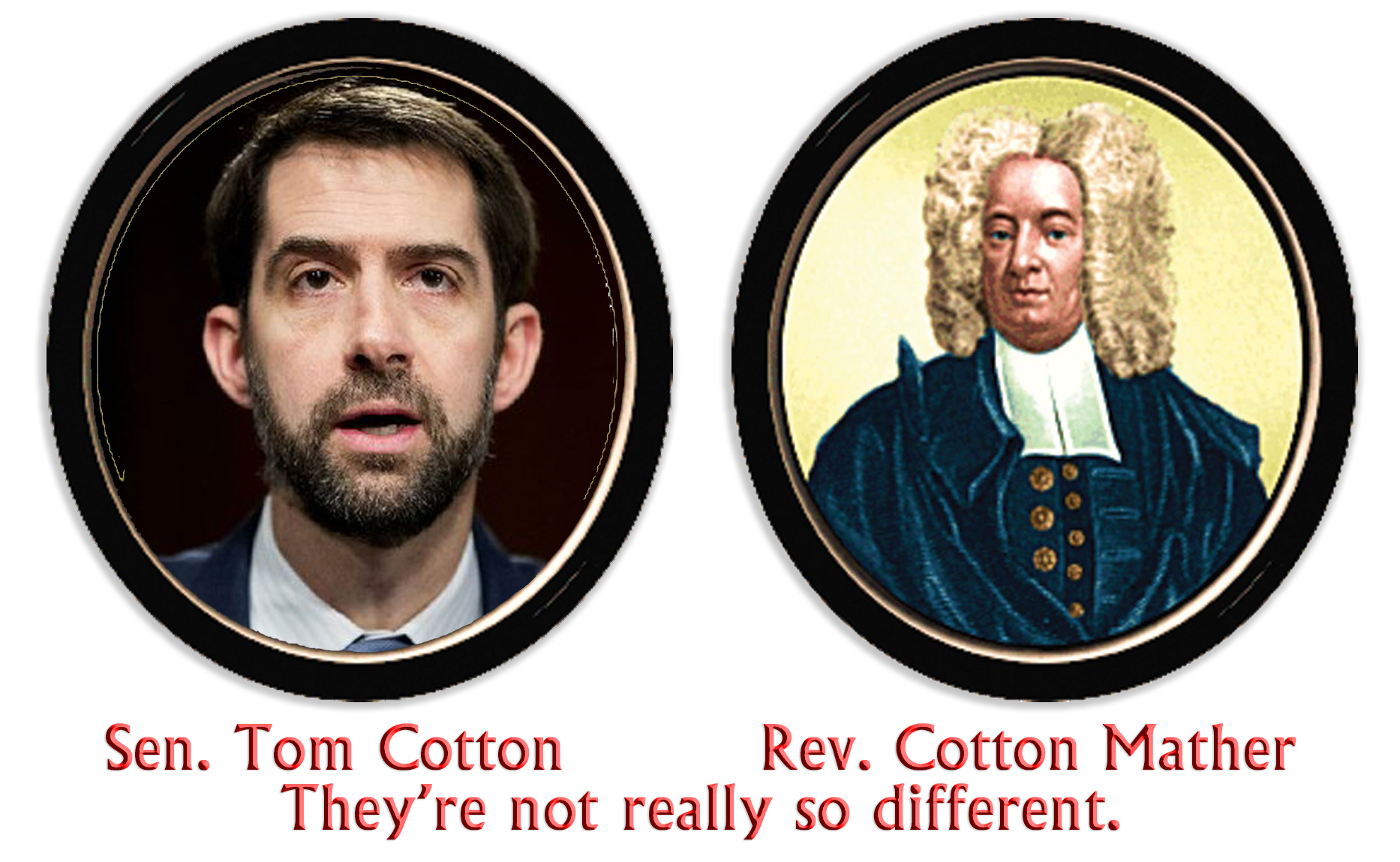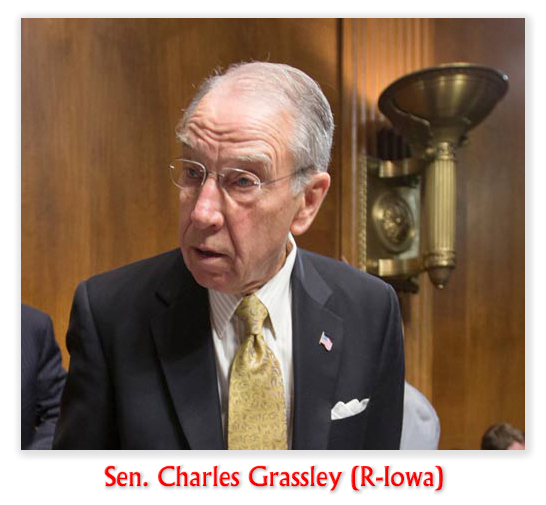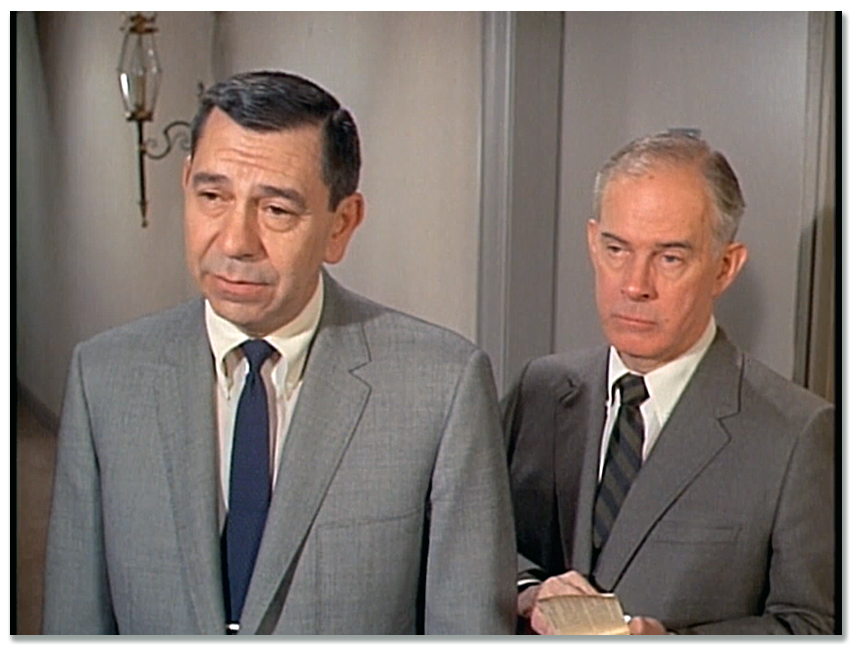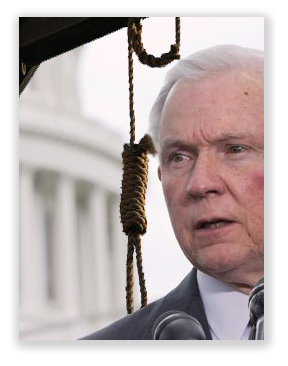We post news and comment on federal criminal justice issues, focused primarily on trial and post-conviction matters, legislative initiatives, and sentencing issues.

TOPSY-TURVY WEEK IN WASHINGTON FOR CRIMINAL JUSTICE REFORM
Last week, the editor of this newsletter took a vacation away from the Internet and cellphone coverage for the first time in years. After all, the last weeks of August are always quiet in the courts and halls of Congress.
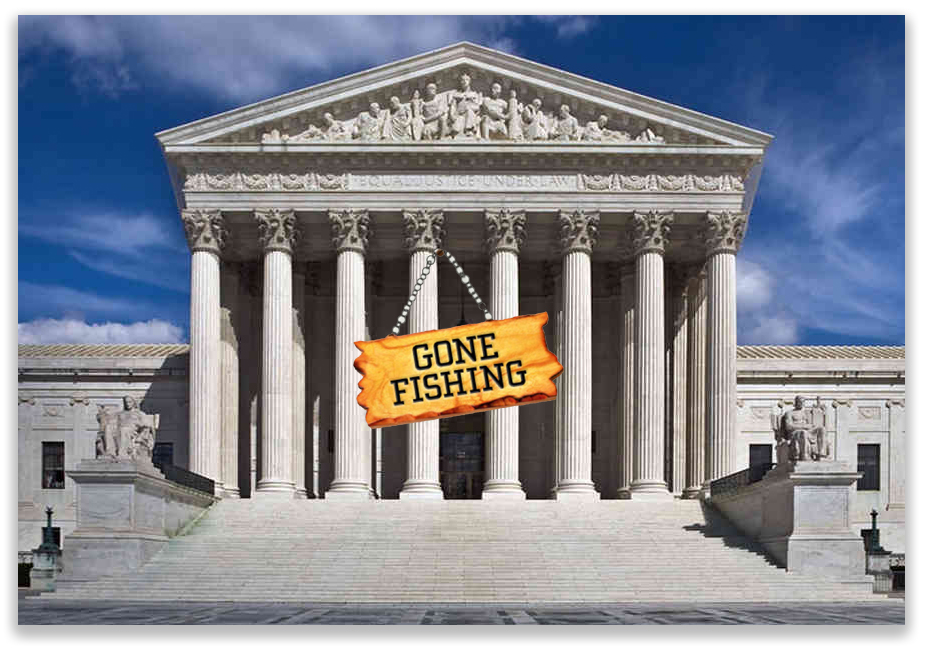
What a mistake leaving town turned out to be…
The week started out well. Senate Minority Whip Richard Durbin (D-Illinois), the No. 2 Senate Democrat, said he could support the compromise criminal justice reform bill that Republican colleagues presented to President Trump and senior White House officials three weeks ago. That bill, which combined four sentencing changes with FIRST STEP Act, is a compromise pushed by senior White House adviser Jared Kushner in order to win the support of Senate Judiciary Committee Chairman Charles Grassley (R-Iowa). Grassley, co-sponsor of the Sentencing Reform and Corrections Act of 2017 (which was approved by the Committee last February), has opposed FIRST STEP because of the absence of sentencing reform provisions that change some mandatory minimums.
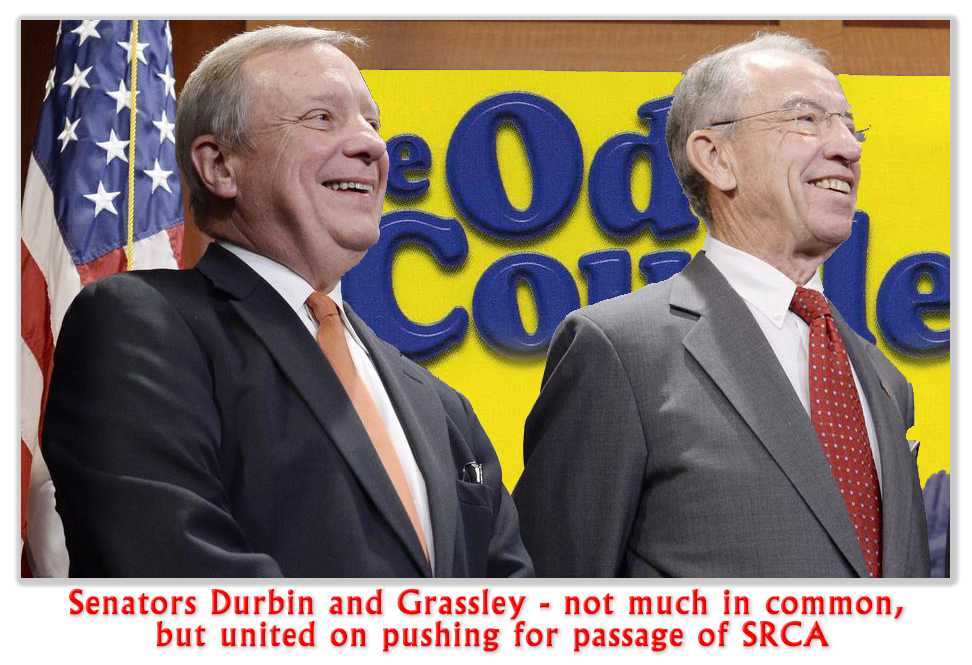 Durbin’s announcement made him the first Democratic senator to support the legislation, which is key to assuring Senate passage.
Durbin’s announcement made him the first Democratic senator to support the legislation, which is key to assuring Senate passage.
Two days later, the news site Axios reported that Senate Majority Leader Mitch McConnell (R-Kentucky) agreed in a meeting with Kushner, Grassley, Sen. John Cornyn (R-Texas) and Sen. Mike Lee (R-Utah) to bring the compromise bill to a vote if an informal review showed that the measure had at least 60 votes in support. Axios admitted that McConnell’s spokesperson said a commitment to a vote had not been made, but asserted that another source said the Majority Leader came just shy of promising a vote.
Axios also reported President Trump had said earlier on Thursday that while he will not endorse the bill before the midterms, he was open to the compromise currently being negotiated, according to a senior administration official and Sen. Lee. The White House said in a statement “the President remains committed to meaningful prison reform and will continue working with the Senate on their proposed additions to the bill.”
While many, including Lee, wish the vote would occur today, McConnell’s willingness to bring it to a vote if the support is there (and earlier reports are that the compromise would collect 80 votes or more) is encouraging. The delay is entirely political: “I think the sentencing reforms are still controversial and divide Republicans,” Cornyn said. “I just don’t see the wisdom of dividing Republicans on a contentious matter like that before the election.
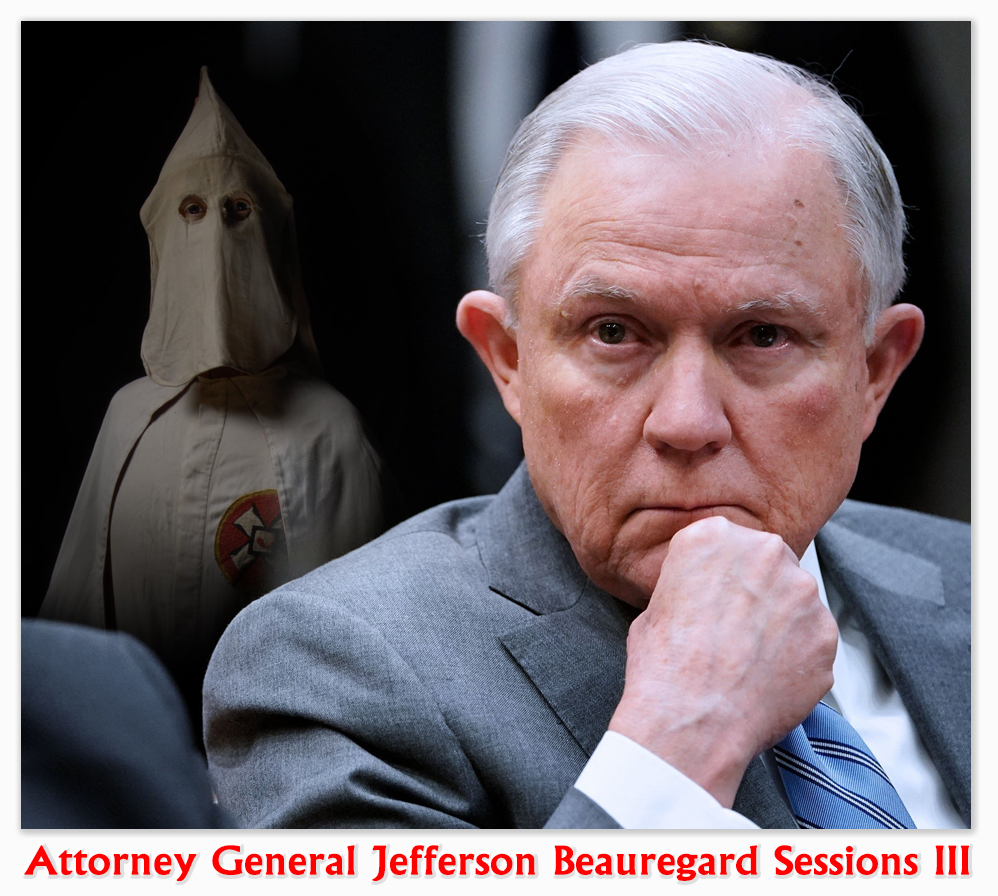 Then, on Friday, the Washington Free Beacon reported that Trump told Attorney General Jefferson Beauregard Sessions III and Kushner the day before that he was opposed the FIRST STEP compromise, in large part due to an exception he believes it carves out that may release convicted drug traffickers early. A statement released by the Dept. of Justice seemed to confirm that. DOJ said: “We’re pleased the president agreed that we shouldn’t support criminal justice reform that would reduce sentences, put drug traffickers back on our streets, and undermine our law enforcement officers who are working night and day to reduce violent crime and drug trafficking in the middle of an opioid crisis.”
Then, on Friday, the Washington Free Beacon reported that Trump told Attorney General Jefferson Beauregard Sessions III and Kushner the day before that he was opposed the FIRST STEP compromise, in large part due to an exception he believes it carves out that may release convicted drug traffickers early. A statement released by the Dept. of Justice seemed to confirm that. DOJ said: “We’re pleased the president agreed that we shouldn’t support criminal justice reform that would reduce sentences, put drug traffickers back on our streets, and undermine our law enforcement officers who are working night and day to reduce violent crime and drug trafficking in the middle of an opioid crisis.”
The Free Beacon story, however, said that Trump had later walked back his opposition, and told Grassley and Kushner that he was “willing to take up prison/sentencing reform” after the election.
The Free Beacon said “McConnell is famously skittish about dividing his caucus, and so is still unlikely to bring a bill to the floor if it does not have Republican caucus support. Trump’s backing—once held out, and now withdrawn—would almost certainly be vital to getting more Republicans on board.”
 So the compromise may be voted on after the mid-term elections the first week of November. Or it may not. Trump may support it. Or he may not. The Democrats may support the compromise. Or they may not.
So the compromise may be voted on after the mid-term elections the first week of November. Or it may not. Trump may support it. Or he may not. The Democrats may support the compromise. Or they may not.
Of course, last week also brought the conviction of Paul Manafort, Trump’s former campaign chairman, on fraud charges unrelated to the Trump campaign, and the guilty plea (and probable cooperation agreement with the Feds) of Trump’s former lawyer, Michael Cohen. That is bad news for the defendants and for Trump, but to the extent it makes Trump angrier and more fearful of the Justice Department, it probably increases the chances Trump will support criminal justice reform.
The Hill, Democratic leader gives boost to criminal justice reform compromise (Aug. 21, 2018)
Axios, McConnell commits to moving forward on criminal justice bill after midterms (Aug. 23, 2018)
Washington Free Beacon, Trump Strongly Opposed to FIRST STEP (Aug. 24, 2018)
– Thomas L. Root



